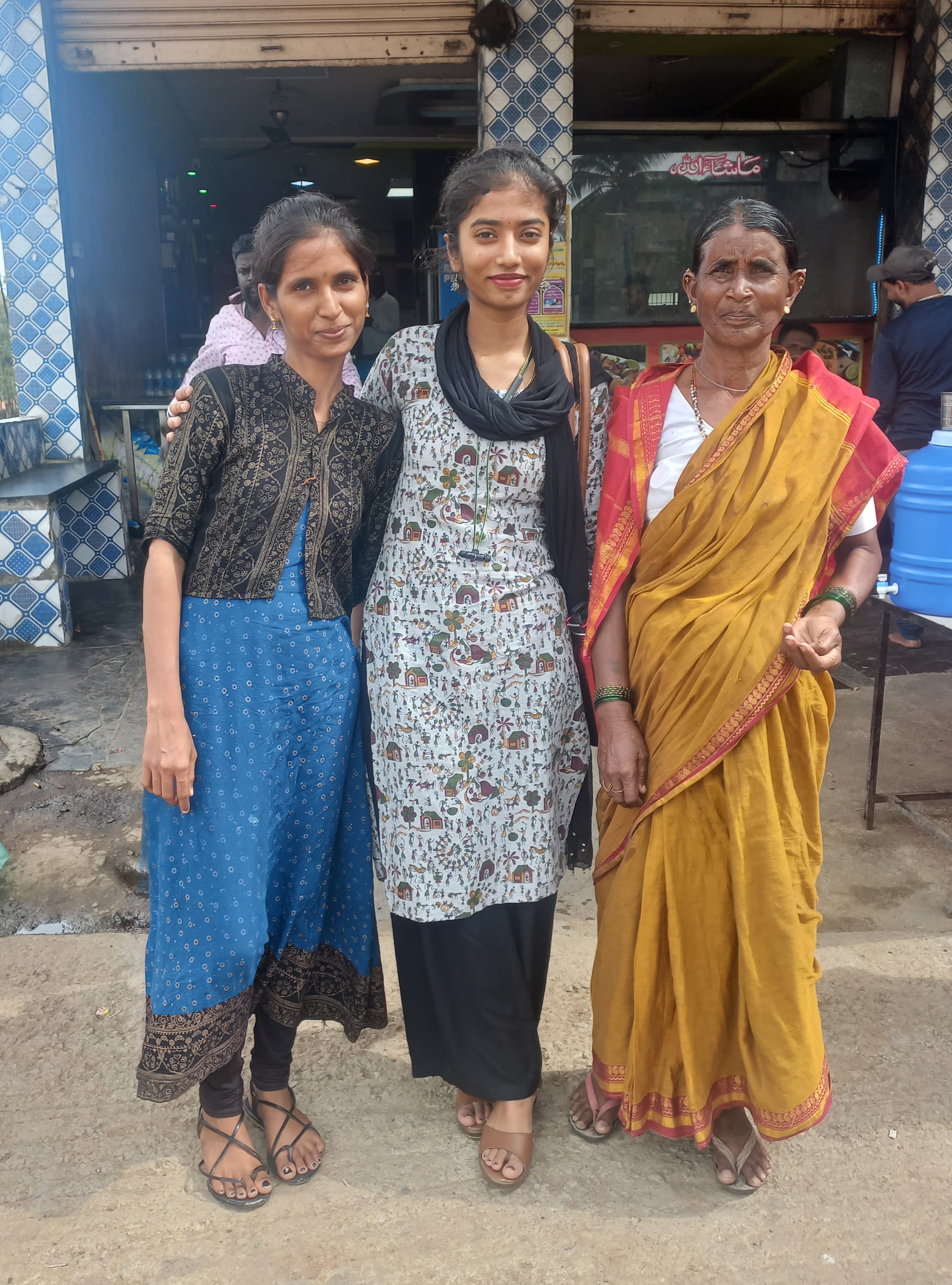From a young age, I found myself drawn to social development and volunteering. It began during my school days, where every bit of my free time was devoted to helping others. Over the years, I immersed myself deeply in the world of service, volunteering with more than ten NGOs across the country. My friends and acquaintances often came to me, asking for recommendations of children’s homes or orphanages where they could celebrate events like birthdays or anniversaries. These gestures, while generous, only scratched the surface of what I felt needed to be done.
In 2023, while pursuing my engineering studies, a moment came that would change everything. A classmate of mine approached me with a story that deeply moved me. It was about a girl named Basamma, a 20-year-old living in a village in Gulbarga, the same age as I was, yet burdened with challenges I could hardly imagine. Her youngest brother, Ashok, was 12 years old and 90% mentally challenged, entirely dependent on her for care. Basamma, despite being a dedicated and studious girl, was on the verge of giving up her dream of becoming a government teacher. She simply couldn’t juggle her responsibilities for Ashok while pursuing her own education. Understanding the weight of her struggles, I knew I had to help. The first step was finding a care center for Ashok, somewhere that could meet his needs, allowing Basamma the freedom to continue her studies. I thought it would be a simple matter of finding the right organization, but I quickly learned how difficult it was to find a place willing to take in someone like Ashok, who needed extensive care. Phone call after phone call, I was rejected by organizations, most of whom cited the overwhelming responsibility of caring for a child so dependent that he couldn’t even feed himself without help. After countless rejections, a close volunteer friend stepped in to assist. We managed to find a center in Kolar that agreed to take Ashok in. Relief washed over me, but it was short-lived. Less than two weeks later, I received a call from the center. They told me Ashok’s needs were too great for them to handle and that I needed to take him back. Heartbroken but determined, I kept searching, eventually finding Home of Hope, a shelter run by Auto Raja. Finally, Ashok had a place where he could stay and receive the care he needed. This experience with one family opened my eyes to a harsh reality. The divide between those with access to help and those without seemed impossibly vast. It left me wondering how many others across the state were enduring similar or even worse circumstances. Who was helping them? How many people out there, like Basamma, lacked the resources, the knowledge, or simply the connections to find a solution? Even with all the support I had around me—friends, contacts in NGOs, and a passion to help—it had taken so much time and effort just to find one child a home. There are millions of NGOs in this country, many of them working hard to serve communities in need, but I couldn’t help but wonder if they were truly reaching the people who needed them most. That’s when the idea took root. I realized that if I were to ever create something, it would be a platform that bridges this gap—a space where people in need could connect with the right NGOs, and where NGOs could find the beneficiaries they had set out to serve. It would be a network of compassion, ensuring that no one like Basamma or Ashok would have to struggle alone.
Read more





